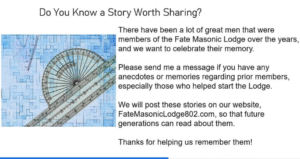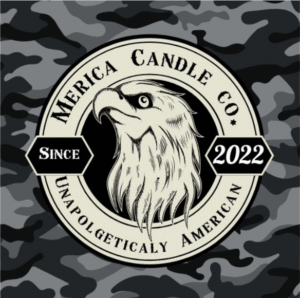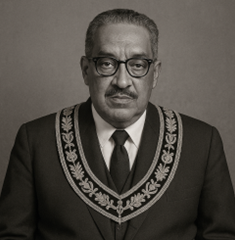
Freemasonry is more than just an old brotherhood; it is a mixture of the ideas of brotherhood, enlightenment, service, and moral virtue. Many of the most important people in history have been members of a Masonic lodge, which has been around for hundreds of years and on every continent. These men were not just called “Freemasons”; they lived by the principles of Freemasonry and used them in their work. They were politicians, scientists, artists, and revolutionaries. We can see how the values of our craft have shaped the modern world as we think about their legacies.
The Masonic President: George Washington
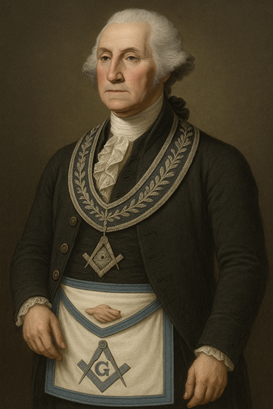
George Washington, the first President of the United States and a symbol of American independence, is a famous Freemason who should be on any list of famous Freemasons. Washington joined Freemasonry in 1752 at Fredericksburg Lodge No. 4 in Virginia. He was a great example of leadership, justice, and civic duty.
Washington’s commitment to self-governance, his opposition to monarchy, and his choice to give up power voluntarily are all examples of Masonic values. This shocked kings and inspired republics. Washington didn’t think of civic virtue as an abstract idea; he thought of it as a sacred duty as a Freemason. He took part in Masonic ceremonies, such as the laying of the U.S. Capitol’s cornerstone in 1793, which showed that he thought Freemasonry’s moral compass should guide public life.
Franklin, Benjamin: The Lodge and the Enlightenment
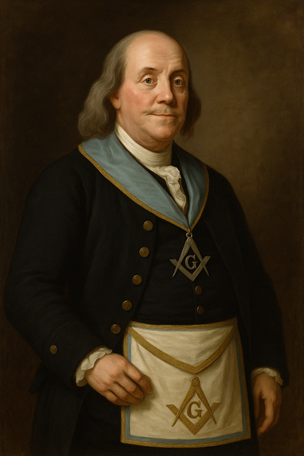
Benjamin Franklin was a well-known American thinker and inventor who was also a Freemason. He was Grand Master of the Grand Lodge of Pennsylvania in 1734 and helped publish the first Masonic book in the United States. Franklin’s never-ending curiosity and dedication to reason fit well with Masonic beliefs.
In Franklin’s time, Freemasonry was at the center of the Enlightenment, which was a time of scientific discovery, human rights, and progress. Franklin supported all three and started the University of Pennsylvania and the American Philosophical Society, among other things. His ties to Freemasonry linked him to a worldwide group of reformers and thinkers who thought like him, which strengthened the fraternity’s role in spreading Enlightenment ideas.
Simón Bolívar: The Man Who Freed South America
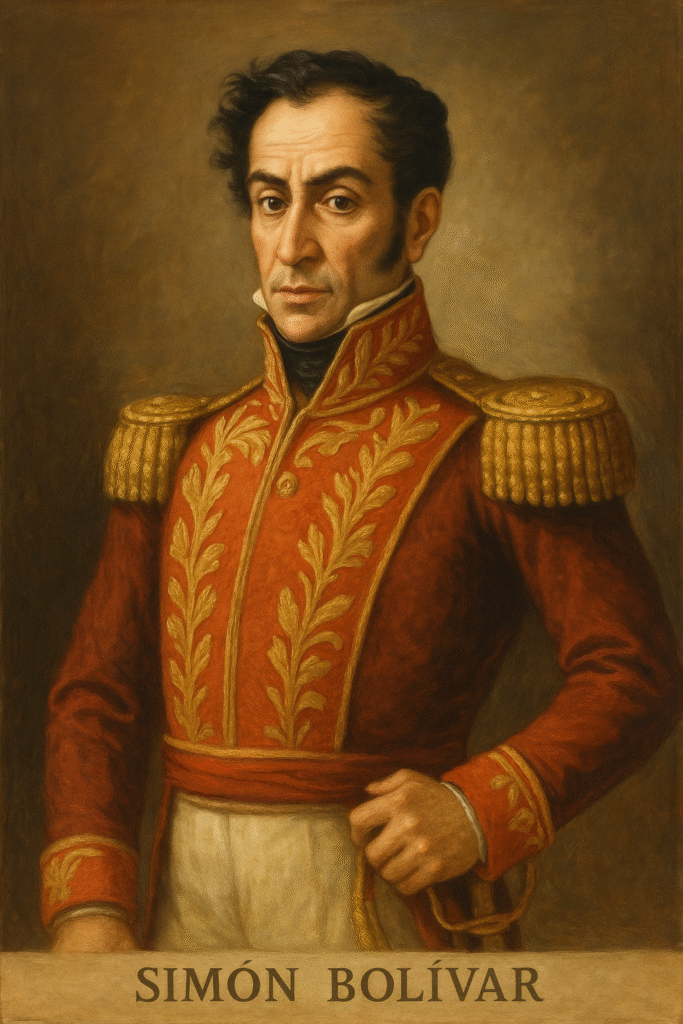
Simón Bolívar, who was known as “El Libertador,” led the fight to free several South American countries from Spanish colonial rule. Bolívar started as a Freemason in Spain and rose to the 33rd degree in the Scottish Rite. He strongly believed in republican ideals, self-determination, and the unity of Latin America.
Bolívar’s words and actions show that he was influenced by Freemasonry. He wanted a continent that was free and brotherly, which are two of the most important Masonic values. He worked with other Freemasons to bring people together in his area, and many of his military and political campaigns were based on the lodge’s philosophical ideas.
Wolfgang Amadeus Mozart: Brotherhood Brings Harmony
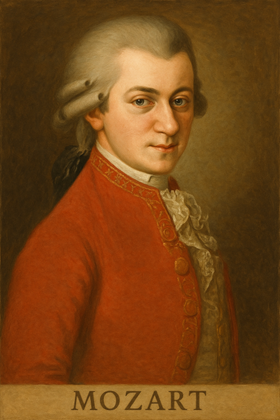
Wolfgang Amadeus Mozart, a musical genius from the Classical era, was also a dedicated Freemason. In 1784, he became a member of the “Zur Wohltätigkeit” (Charity Lodge) in Vienna. Freemasonry had a big impact on his music, not just on the side of his life.
The Magic Flute by Mozart is a Masonic allegory full of symbols of initiation, brotherhood, and enlightenment. Mozart’s music showed how powerful truth and virtue can be, which are important parts of the Masonic path. His lodge ceremony works still resonate today, showing how art and Masonry can work together in harmony.
Justice with a Compass: Thurgood Marshall
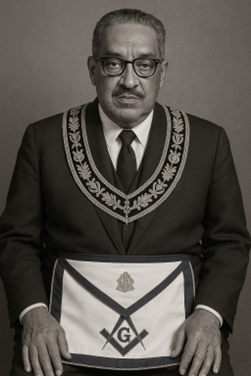
Thurgood Marshall was the first African American to serve on the U.S. Supreme Court. He was also a proud Freemason who joined Prince Hall Freemasonry. Marshall was a strong supporter of civil rights and equality. He was a good example of the Masonic commitment to justice and moral integrity.
Marshall worked hard throughout his legal career to end racial segregation and make sure that everyone was treated equally by the law. His Masonic background gave him a strong sense of right and wrong, and he often said that the fraternity helped him believe in the worth of all people and the need for progress as a group.
The Long-Term Effects of Masonic Brotherhood
The fact that these people come from different backgrounds, eras, and professions doesn’t matter; what matters is that they all believe in values that go beyond their own goals, like truth, equality, justice, and enlightenment. These aren’t just ideas; they’re the tools that every Freemason uses every day to make the world a better place.
Freemasonry doesn’t take credit for how great these men are, but it does give them a structure that helps them grow as people and leaders. Men from all walks of life come together in the lodge as equals, learn from each other, and leave with a renewed sense of purpose. The effects of that shared experience can be seen in the actions of our most respected brothers.
Keeping and Sharing Our Masonic History
As keepers of this sacred tradition, it is our duty as Masons to keep the stories of those who came before us alive. Their lives are more than just footnotes in history; they show what can happen when moral conviction and Masonic discipline come together.
This post is part of a series that will look at the lives of famous Freemasons throughout history. We want you to come with us on this journey. Please send us any stories, records, or thoughts you have about famous Masons or even less well-known members of our own community. We will keep honoring the past, inspiring the present, and building the future together.
